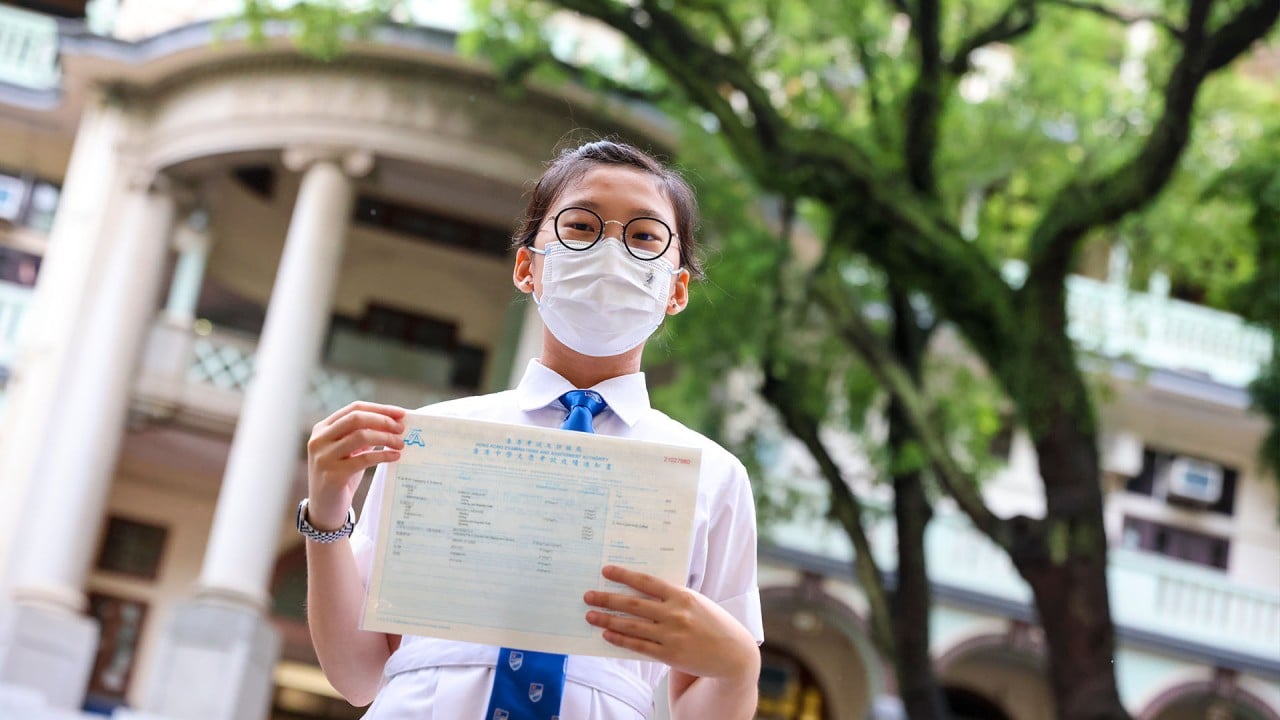
Hong Kong’s future leaders need an education system fit for challenging times
- Graduates should be equipped with more than skills and knowledge – they must be creative problem-solvers capable of innovative thinking and working in teams
- They must also learn to prioritise the needs of the community over individual freedom and understand how to deal with ‘fake news’
These two years of disruption have often been dispiriting and at times despairing. At the same time, however, they highlight the need for a resilient education system. Such a system should not only respond to events but lead the way in finding solutions.
Ensuring such a system is in place should be a priority for the Hong Kong government and recognised as a key contribution to the development of the city’s young people.
Graduates from schools and universities will need to be creative problem-solvers capable of computational thinking and working in teams. They will need to be able to think outside the box to develop new solutions that will address the problems that confront society.
This does not mean abandoning school subjects such as mathematics, science and language. But these subjects need to include a strong skills component.
Let Hong Kong students learn history with focus on national security: new guidelines
There are elements of historical studies in the school curriculum now. Yet, there is no reason history should not become a school subject for all students, even as they look forward to a future of creativity and innovation.
In the future, young people will need to learn how to balance individual and community needs. Asian societies are better placed to do this, so reinforcing the importance of community should become a priority across the school curriculum. Students need to understand that working together will always achieve more than seeking individual ends.
On the other hand, such news can also be found in mainstream media, including newspapers and television. In whatever form it comes, students need to know how to analyse information, including its sources, its claims and evidence provided to support them.
Studying language has always been important, but the ability to distinguish between truth and lies is even more important in the age of fake news. Across subjects, this capacity must be developed and reinforced. A cutting-edge education system cannot shelter students but must prepare them for their roles in society.
A folk song from last century noted that “the times they are a-changin’.” The times are still changing, and the education system must ensure that students can accommodate whatever change comes along.
Today’s students are tomorrow’s leaders. They must have the capacity to contribute and serve in times that can only promise more challenges.
Kerry Kennedy is emeritus professor at the Education University of Hong Kong


